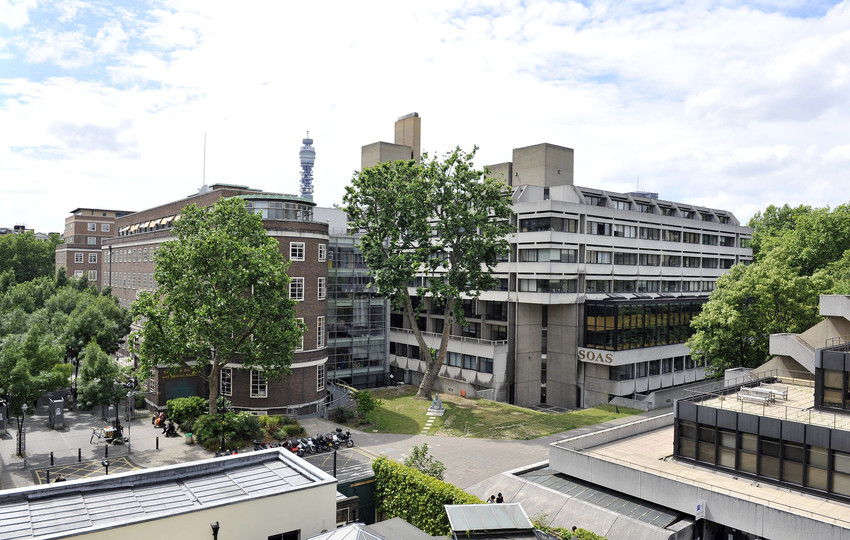Julia Leslie: liberal feminist whose work influenced Hindu Studies, gender studies and the study of Hindu Law
Dr Isobel Julia Leslie (1948 – 2004) was Lecturer in Hindu Studies at SOAS from 1990 until her death, serving as Pro-Director for Undergraduate Studies in 1997-98. ‘I do believe Julia’s work to be seminal. It won’t be forgotten. It will go on branching and flowering and fruiting in the work of other students, researchers and scholars, and may even influence social reform. A tree cut down, after all, can grow up

